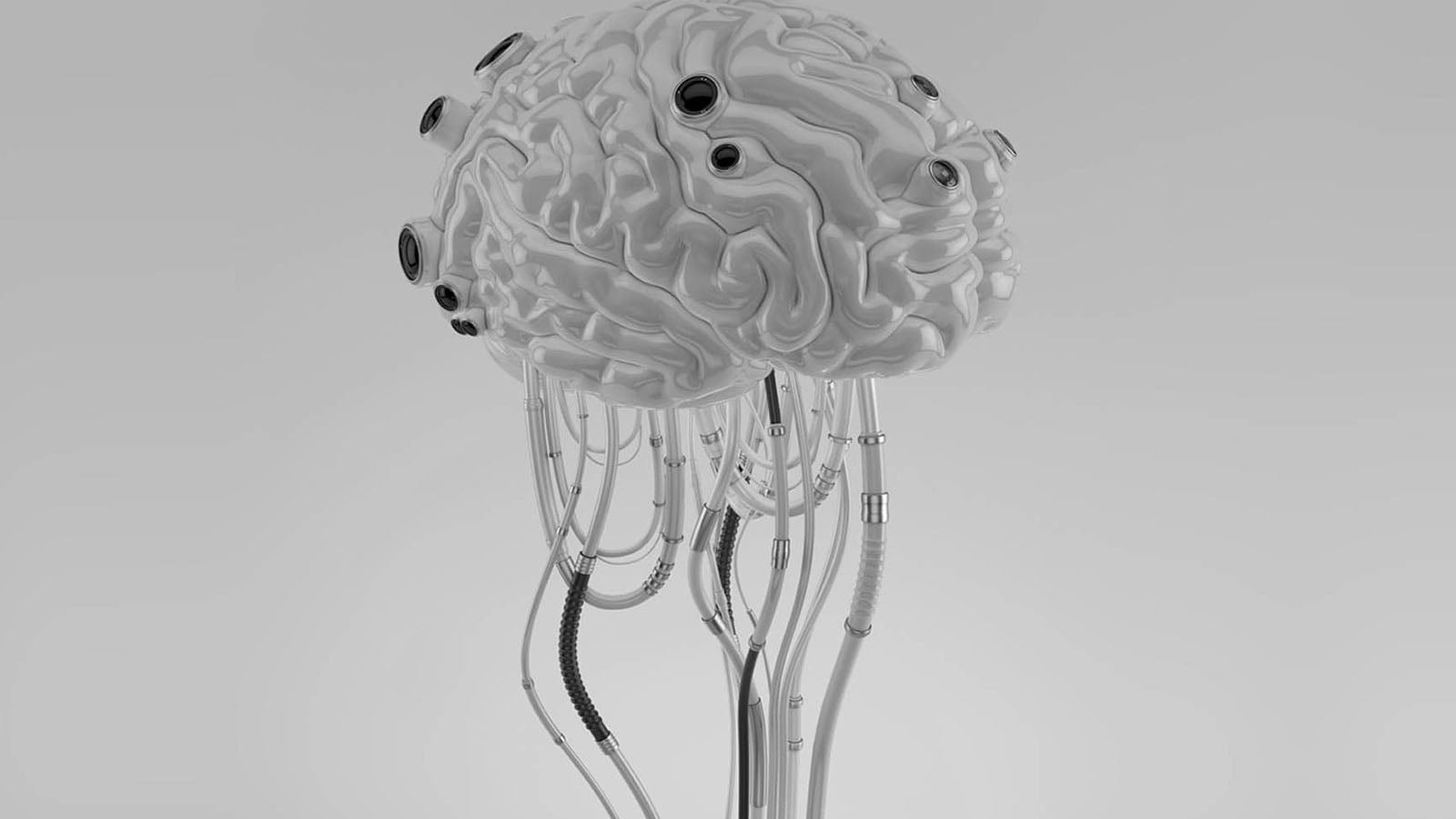AI probably won’t take your job, but it will make it easier
Artificial Intelligence is one of the fastest growing areas of investment in the tech sector. With the prospect of intelligent machines performing a range of tasks better than humans, it is unsurprising that, as with any technological great leap forward, people in all industries are worried for their jobs. From Wall Street traders to factory workers, no sector seems safe.


Artificial Intelligence is one of the fastest growing areas of investment in the tech sector. With the prospect of intelligent machines performing a range of tasks better than humans, it is unsurprising that, as with any technological great leap forward, people in all industries are worried for their jobs. From Wall Street traders to factory workers, no sector seems safe.
Should you be worried? Not according to a number of experts who think AI will simply augment our lives—just like the computer did half a decade ago and the mechanized plough did over a century ago. “Since the Industrial Revolution we have had people doing things that are better done by machines, we just haven’t had the machines that can do it” explains Dr Chris Brauer, director of innovation at Goldsmiths, University of London. “In 20 to 30 years’ time we will look back and say ‘they had humans doing what?!’”
Today, the majority of AI still requires human intervention. “While AIs may be out there collecting data, humans are still deciding what to do with it.” When ad agency McCann Japan created two ads for breath mints, one by a human and one by AI, the public preferred the human-made version. But only just, as the AI’s output still required human interpretation to bring the ad to life.
Increasingly, it is HR and marketing teams that are exploring what AI can offer. From cognitive resource allocation for repetitive tasks, to customer service, companies are taking advantage of ways to relieve humans of tasks. But they also need to think about how to reinvest this freed time. Dr Brauer believes that “As soon as we start to see organizations doing both then we’ll get hyper-productive environments that will return to us our right to intuition and creativity.”
Of course, as with any new technology, it is not always plain sailing. Microsoft’s recent public foray into AI with Tay, a chatbot designed to mimic the language of a 19-year-old, is an example of what can happen when AI is unsupervised. Just 16 hours after launch the tech giant had to pull the bot after Twitter users reportedly were able to teach it to use inflammatory language. According to Dr Brauer the “flaw in the model was when a group of people quickly realized they could game the system.”
Examples like Tay and others have many in the industry clamoring for regulation. “A code of responsibility is required” says Trevor Hardy, CEO of The Future Laboratory—a London-based future and foresight consulting agency. “They’re pervasive in other industries. I don’t think that debate has pervaded the technology businesses in a way that is fundamental to their operations and their products.”
Hardy is not alone. Prominent entrepreneur and Tesla founder Elon Musk believes that artificial intelligence is one of the biggest threats to the human race and is also troubled by the lack of ethical standards. So much so that he started OpenAI, a non-profit with mission of “friendly artificial intelligence.”
Both Musk and Dr Brauer see the benefits AI can bring, along with the need for it to be monitored and implemented carefully. With the right controls in place it should simply enhance the workplace, allowing you to be productive in new and exciting ways.
This article was produced on behalf of One Question by Quartz creative services and not by the Quartz editorial staff.